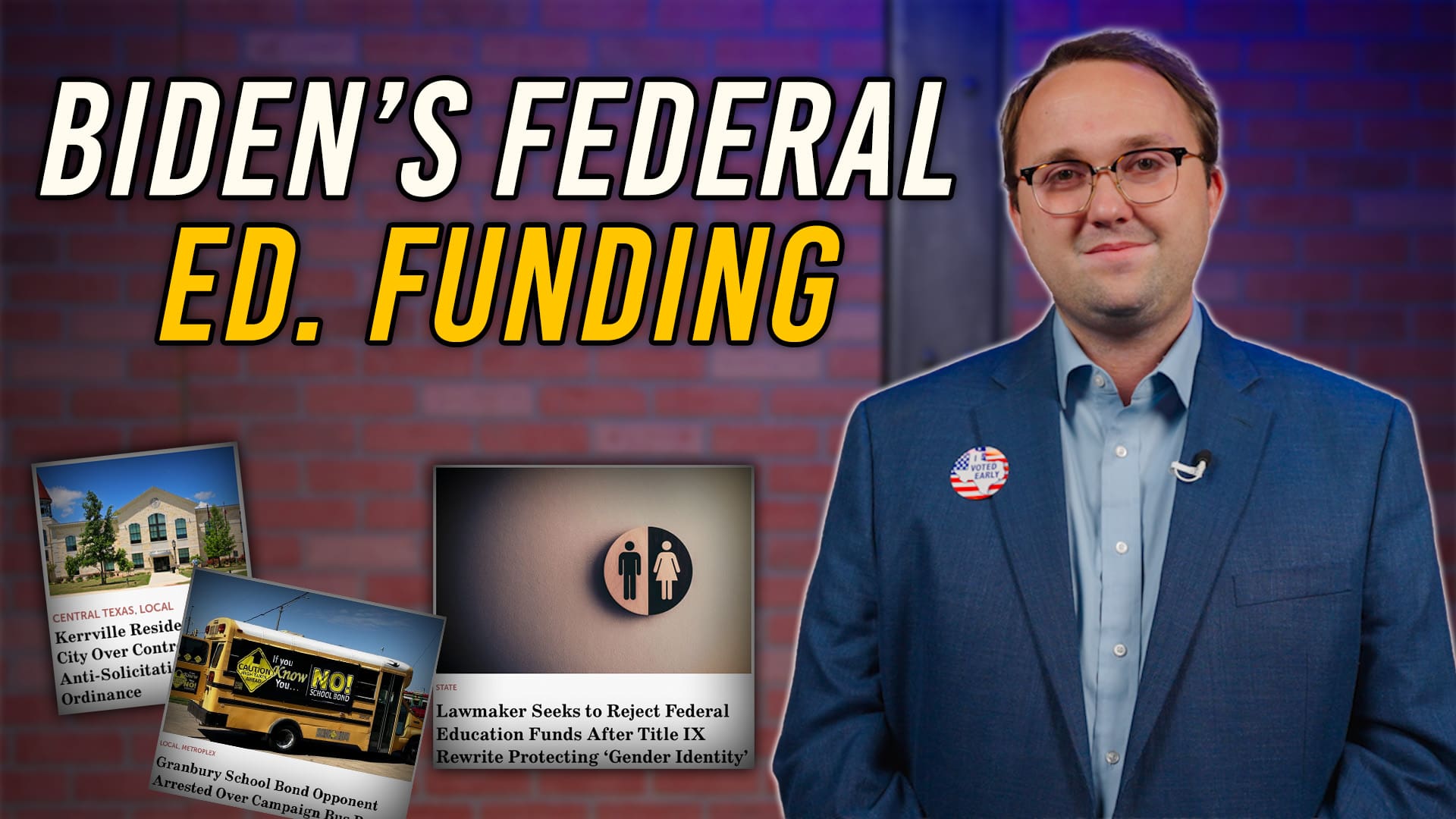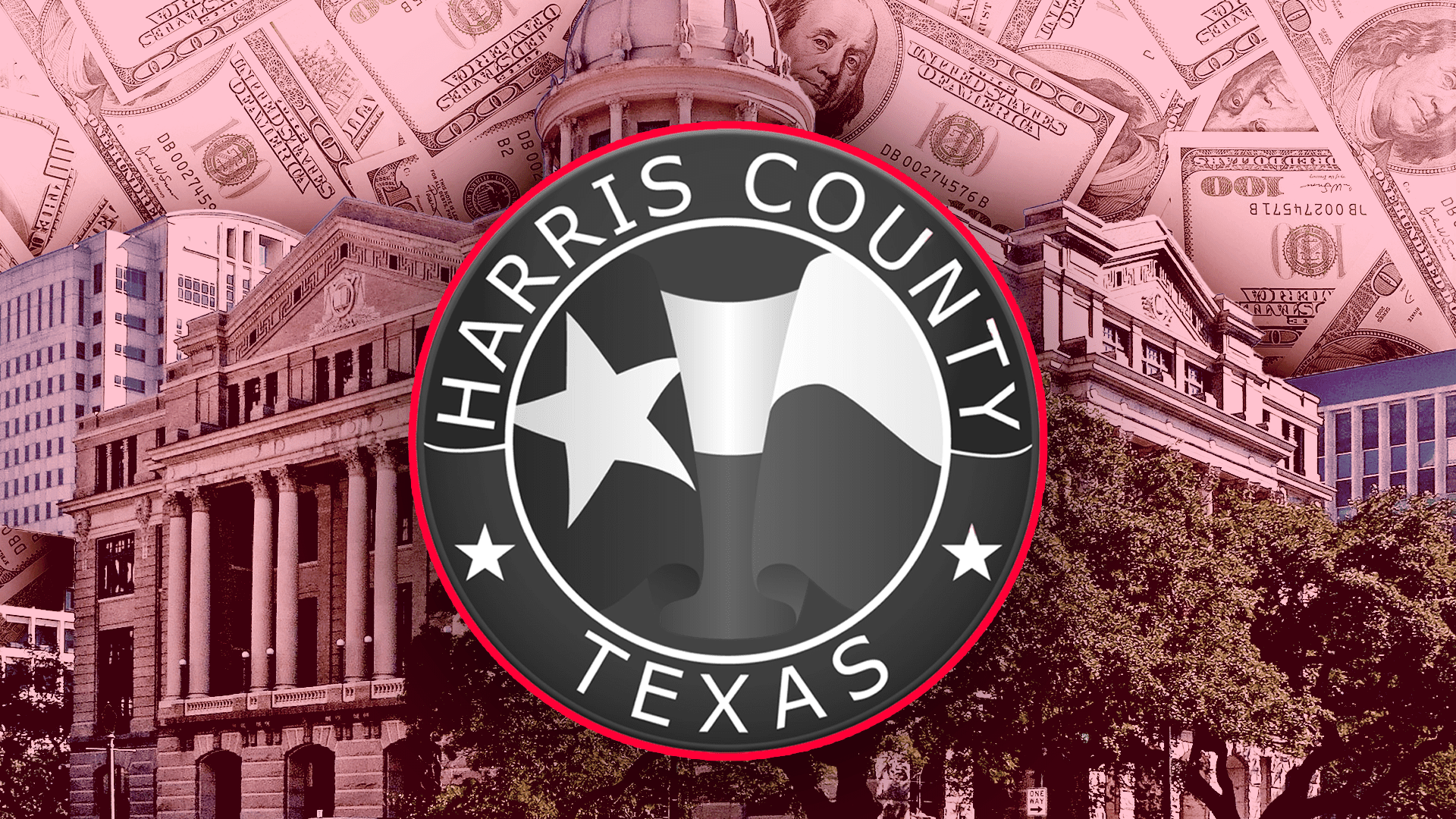Voters today approved Harris County’s end-of-summer, multi-billion-dollar flood bond proposal.
The bond passed 86-13 percent after a short, but robust joint-campaign effort between local and state officials. The $2.5 billion will be used to obtain federal matching funds and to fix roughly 240 projects identified by the Harris County Flood Control District.
From the start of this effort, the primary point of concern has been the timing and rollout.
The preliminary project list wasn’t released until two days before early voting began and left many questioning why there was so much built in for projects that weren’t identified. For instance, there was $500 million in unallocated funds and another $175 million for “partnership projects.”
Earlier in the summer, County Judge Ed Emmett and the four County Commissioners asked Gov. Greg Abbott for permission to hold the special election. The same day that Abbott granted the request, Harris County Republican Party Executive Committee voted against holding bonds on non-uniform election dates.
It’s more expensive to call a special election. It’s estimated that this election cost taxpayers $1.5 million to hold it less than 90 days from the November election. But more importantly, Republicans have long advocated for requiring local elections to be on uniform election dates because turnout is historically higher.
Original projections expected voter turnout to be between 10-15 percent. Earlier this week that was dropped down to 7.5 percent as early voting numbers didn’t prove to be as high as expected. The actual turnout was even lower, an abysmal 6.6 percent of voters – about 152,000 of the 2.2 million county voters – approved the debt.
County officials estimate the bond will cost taxpayers, at most, 3 cents per $100 of valuation. The bonds are going to be sold in increments over at least 10 to 15 years, so the actual timing of projects will vary.




